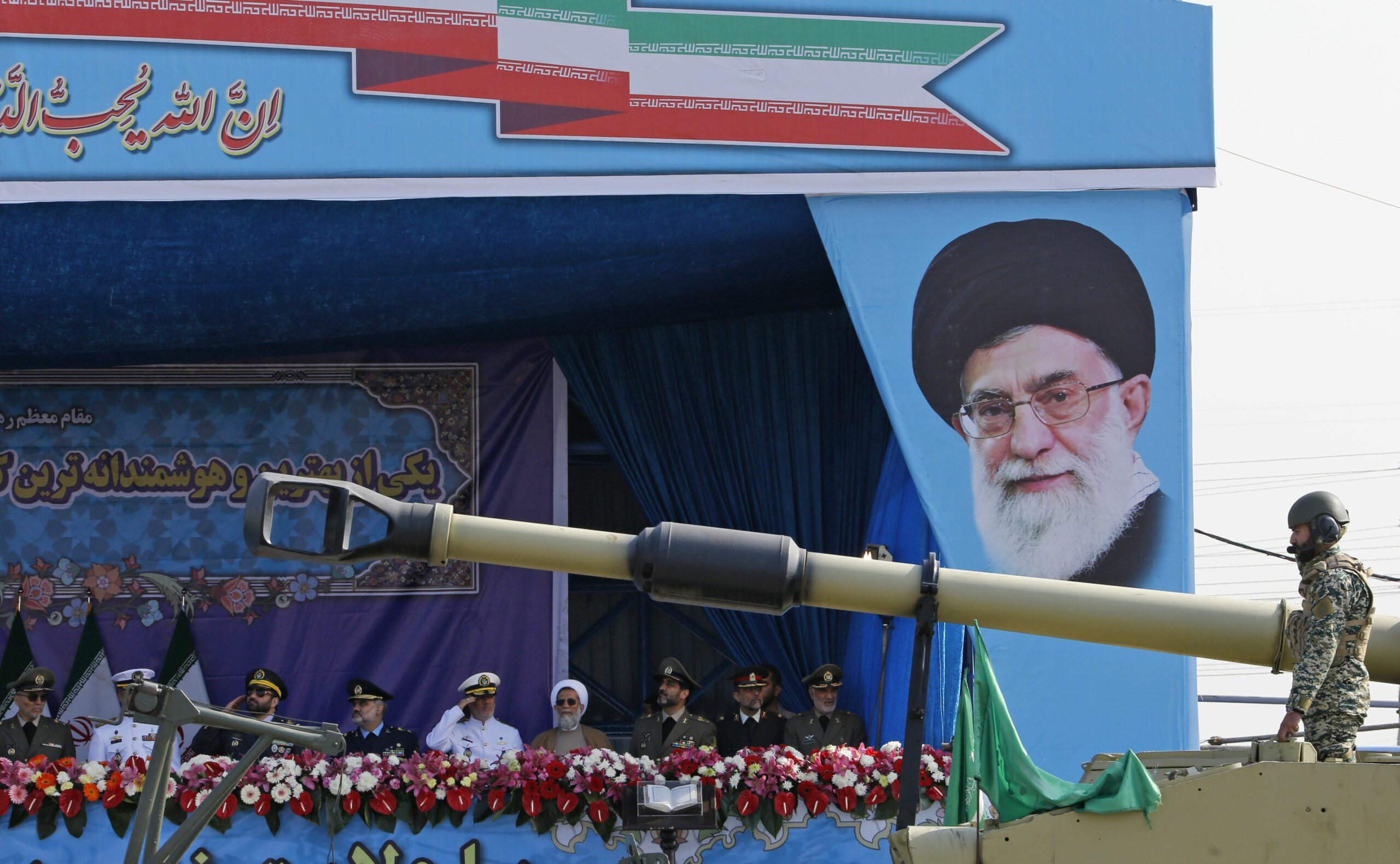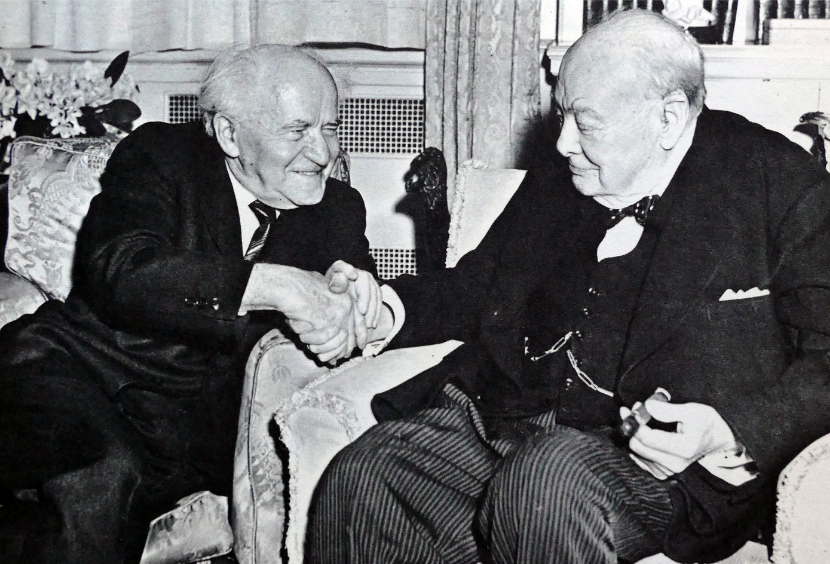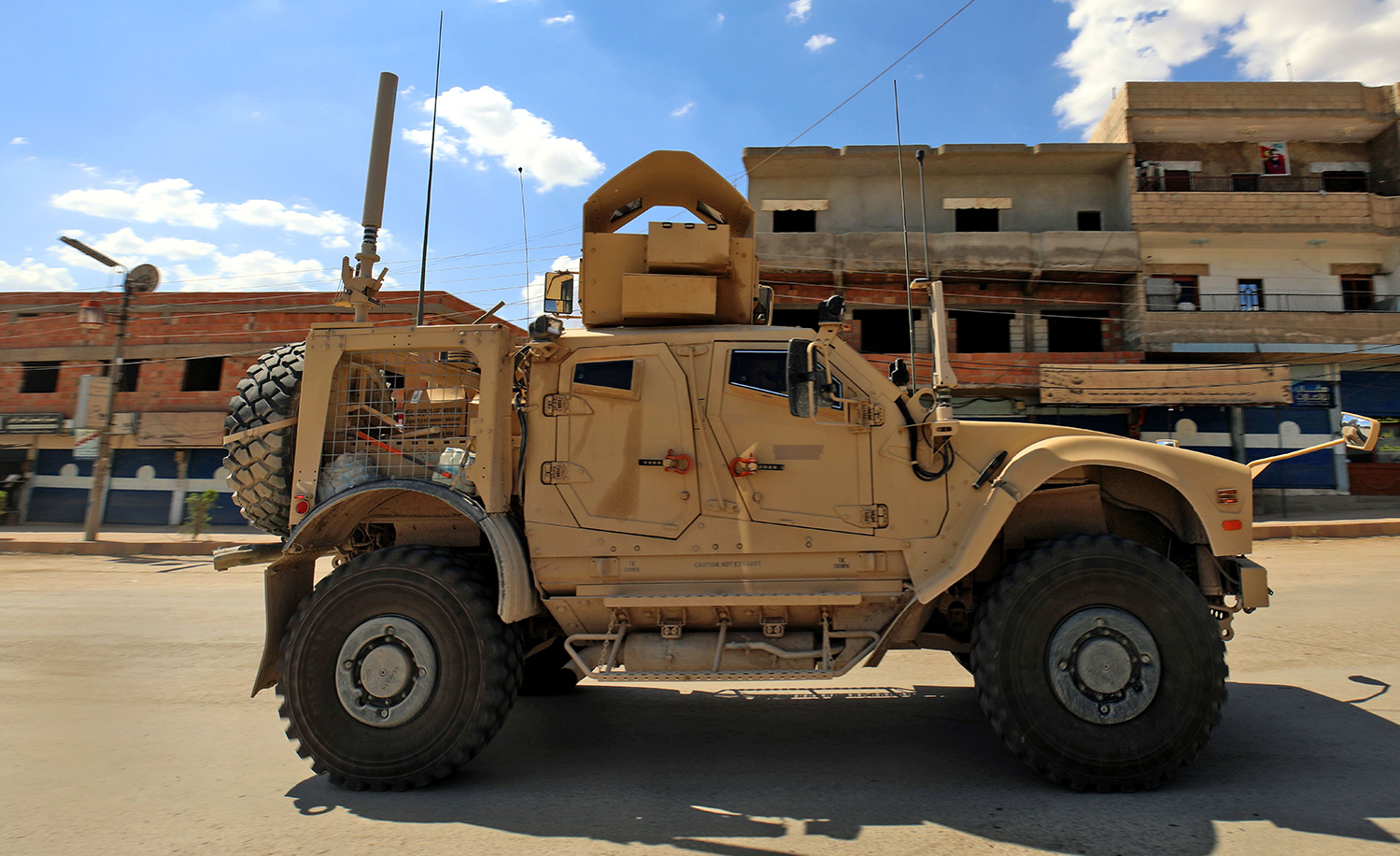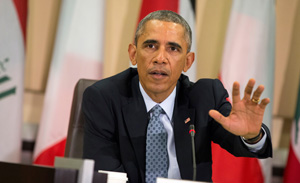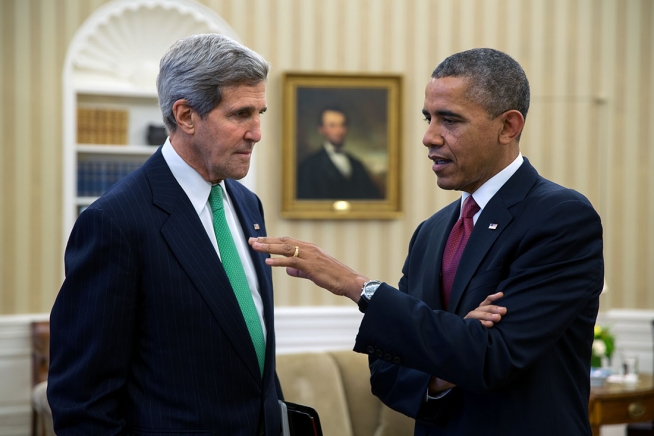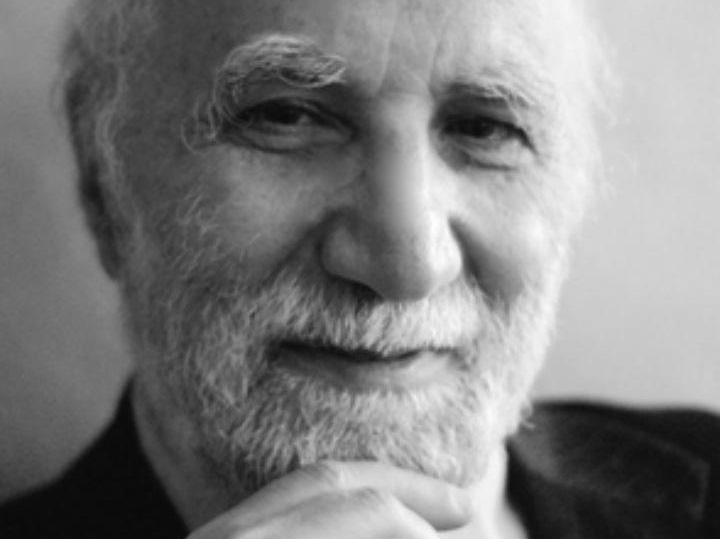Foreign Policy
Nixon and Kissinger understood Israeli military power to be an asset to America, not a liability, and they formulated a strategy designed to exploit that power.
America’s adversaries are testing its boundaries more and more, a sign of its diminished deterrent power. A former Marine officer explains where it went and how to restore it.
When it comes to the new administration’s relationship with Iran, the honeymoon is already long over. A foremost national-security expert joins us to explain what’s going on.
The author of a new book about Israel’s diplomatic history joins us to discuss the enduring lessons he’s learned from surveying 3,000 years of Jewish history.
George Soros and Charles Koch team up.
Mosaic’s key foreign-policy analyst elaborates on his latest big essay.
Smaller and internally more homogeneous political units may offer a brighter prospect for stability in the region than the forcible unification of decomposed Arab states.
Over the past eighteen months, it has increased its nuclear supply by 20 percent.
A nuclear deal is only the beginning. The president’s goal, at the expense of America’s allies, is full-fledged détente with Iran.
How the president has exploited the international campaign against IS in order to accommodate Iran.
Common enemies and shared interests have aligned the Saudis, the Egyptians, and other Arabs with the Jewish state. That’s the good news.
By seeking reconciliation with Iran, Washington alienates its allies and contributes to ever greater mayhem in the Middle East.
A single conflict now stretches from Baghdad to Beirut. How many sides are there—and whose side is the U.S. on?
Nobody could match him as an interpreter of the Arab Middle East—or as a deft and witty scourge of his academic opponents.


